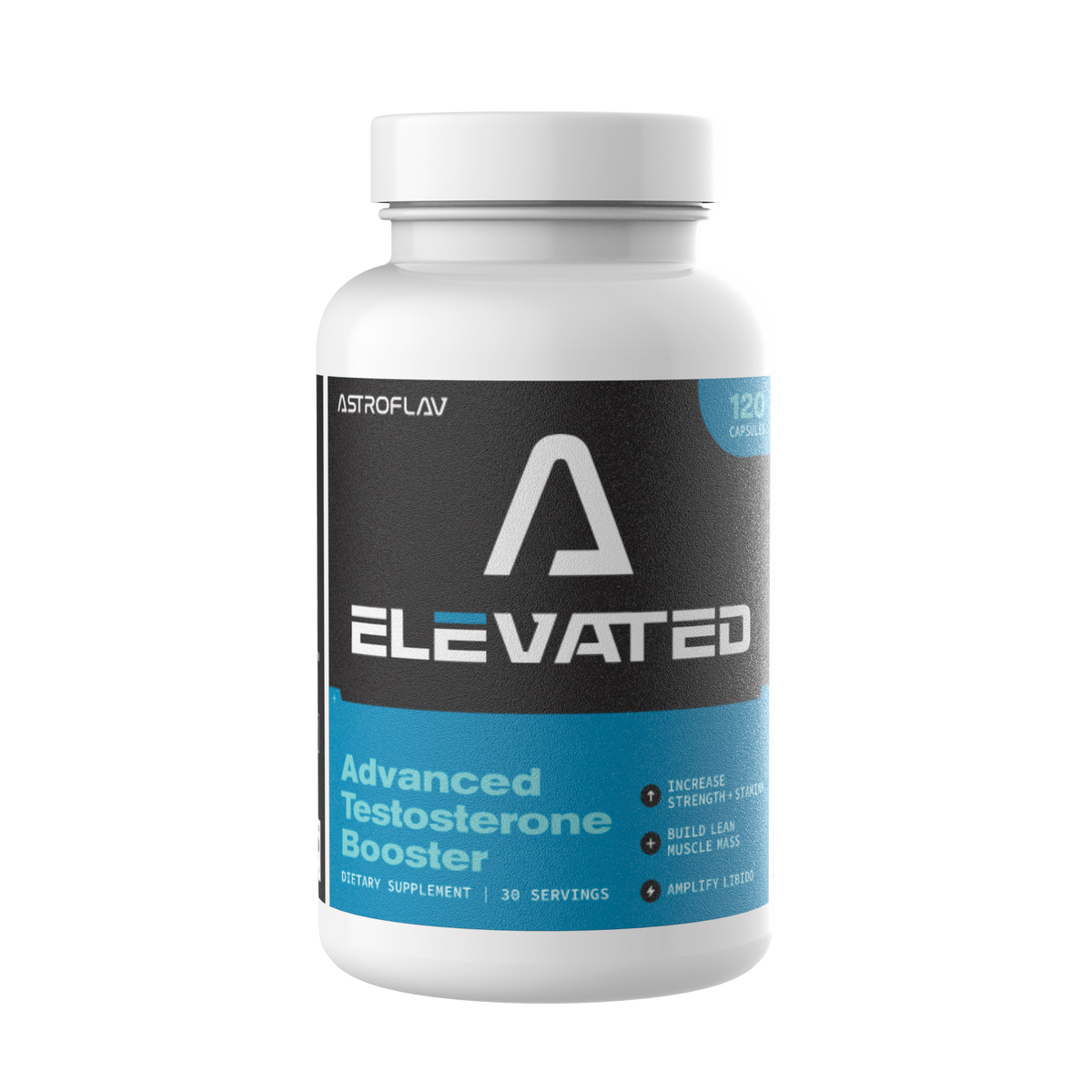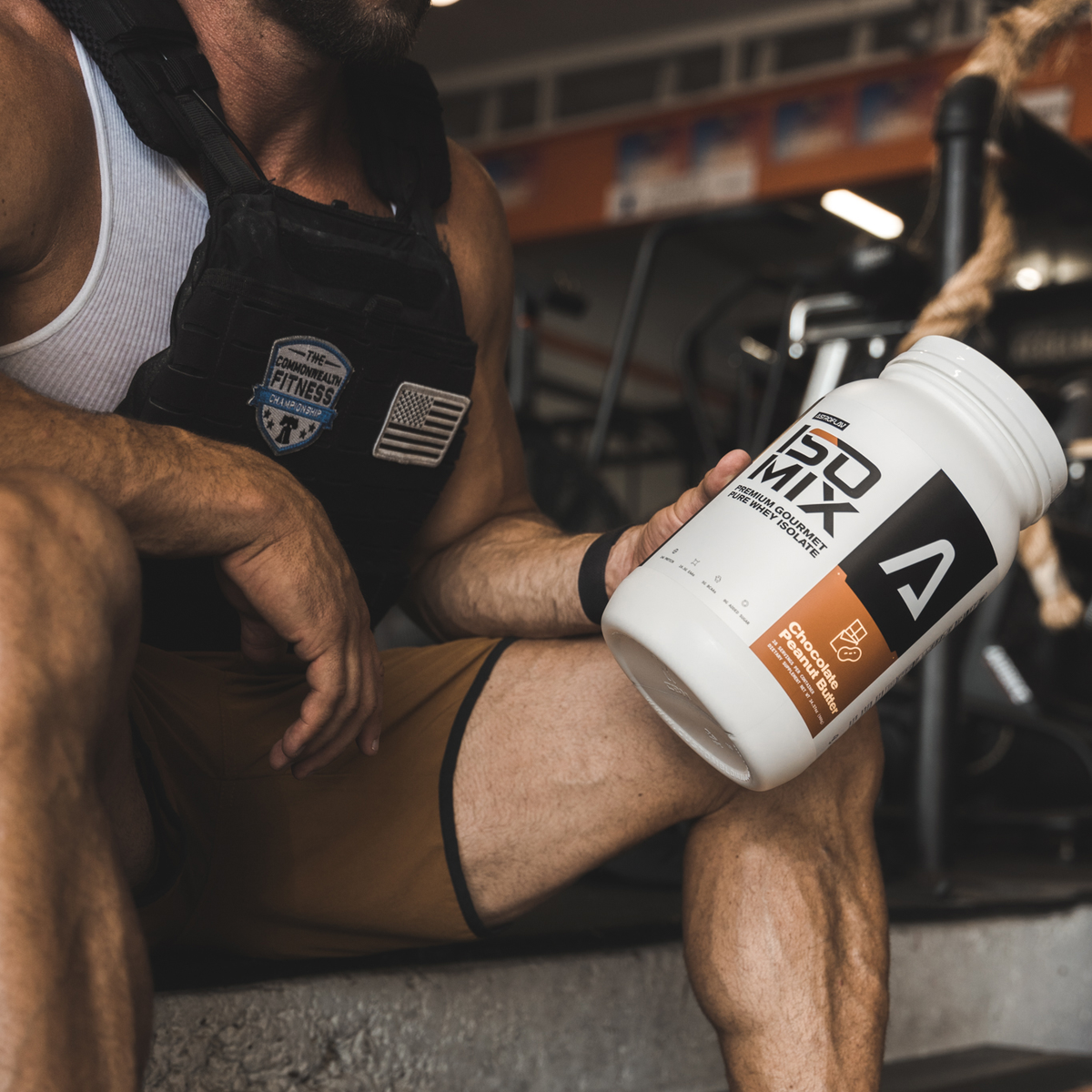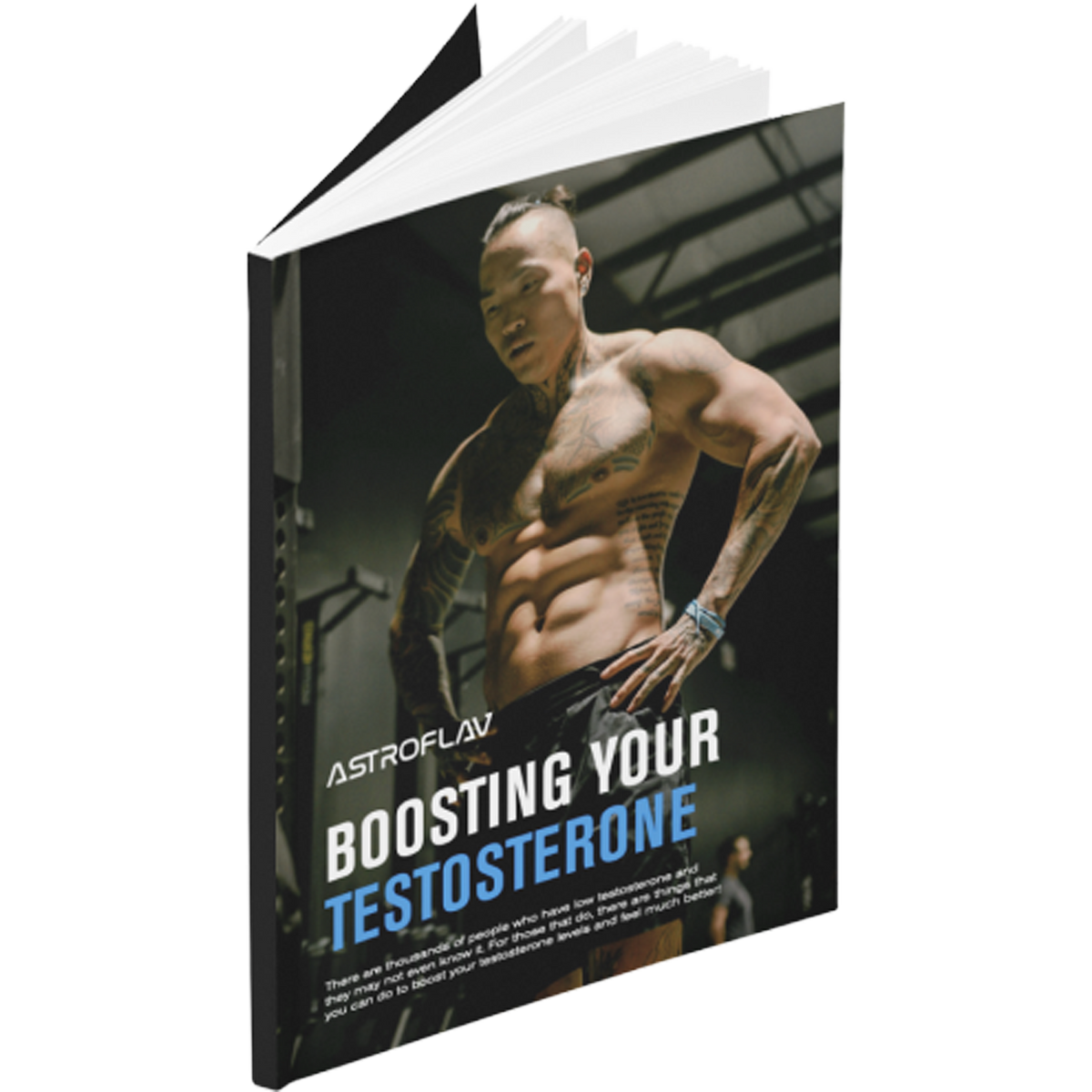
How to Choose the Right Protein Powder
With an overwhelming array of options flooding the market, choosing the right protein powder can be a daunting task. Whether you're aiming to build muscle, support weight loss, or simply optimize your nutrition, making an informed decision is key to achieving your health and fitness goals. In this article, we'll walk you through everything you need to know to navigate the wide variety of protein powders, helping you find the ideal match for your dietary preferences, fitness objectives, and lifestyle. Keep reading to learn more!
What Are The Different Types of Protein?
1. Whey Protein
Whey protein is renowned for its rapid digestion and absorption, making it an ideal choice for post-workout recovery. It provides essential amino acids necessary for muscle repair and growth. It is rich in branched-chain amino acids (BCAAs), particularly leucine, which plays a crucial role in stimulating muscle protein synthesis. There are two different types of whey protein: whey protein concentrate and whey protein isolate.
Whey Protein Concentrate:
Whey protein concentrate is a type of whey protein derived from milk during the cheese-making process. It contains varying levels of protein, typically ranging from 70% to 80%, along with some lactose and fat. Whey protein concentrate also very cost-effective option and provides a good source of essential amino acids.
Whey Protein Isolate:
Whey protein isolate is a highly refined form of whey protein that undergoes additional processing to remove most of the lactose, fat, and carbohydrates, resulting in a product that is over 90% protein by weight. This makes whey protein isolate virtually lactose-free and lower in calories and carbohydrates compared to whey protein concentrate.
2. Casein Protein Powder
Casein protein powder is a high-quality protein supplement derived from milk, specifically from the curds produced during the cheese-making process. Unlike whey protein, which is quickly digested, casein protein is slow-digesting, providing a sustained release of amino acids into the bloodstream over several hours.
Casein protein is rich in all essential amino acids, including high levels of glutamine, which is beneficial for muscle repair and immune function. Due to its slow-release nature, casein protein is often recommended as a nighttime protein supplement to support muscle protein synthesis during sleep. Additionally, casein protein can help promote feelings of fullness and satiety, making it a useful tool for those looking to manage appetite and support weight management goals.
3. Plant-Based Protein Powder
Plant-based protein powder is a nutrient-rich supplement derived from plants such as peas, soy, hemp, rice, or a blend of several sources. Popular among vegetarians, vegans, and individuals with dairy or lactose intolerances, plant-based protein powders are typically rich in fiber, vitamins, minerals, and antioxidants, contributing to improved digestion and immunity.
Plant-based protein have slightly different amino acid profiles compared to animal-based proteins, combining different plant protein sources can ensure a complete and balanced protein intake.
Protein Powder Processing:
When selecting a high-quality protein powder, understanding the processing methods for different types is crucial.
Whey protein concentrate undergoes minimal processing, retaining some lactose and fat but providing a cost-effective option with a protein content typically ranging from 70% to 80%.
Whey protein isolate undergoes additional filtration processes to remove most lactose, fat, and carbohydrates, resulting in a product that is over 90% protein by weight. This makes it virtually lactose-free and lower in calories and carbohydrates compared to concentrate.
Whey protein hydrolysate undergoes enzymatic hydrolysis, breaking down protein into smaller peptides for faster absorption, making it an excellent choice for those seeking rapid recovery.
When choosing a protein powder, opt for high-quality sources and processing methods that align with your nutritional goals and preferences, ensuring you get the most out of your supplement regimen.
Lacprodan® BLG-100 whey protein powder is a premium protein supplement known for its exceptional quality and purity. Derived from high-quality whey protein sources, Lacprodan® BLG-100 is specially formulated to contain a high concentration of beta-lactoglobulin (BLG), a key protein component found in whey.
This protein powder undergoes rigorous processing to ensure optimal purity and bioavailability

What to Look For & What Avoid:
What to look for:
1. Minimal, premium ingredients
Choose a protein powder with minimal, natural ingredients and avoid products with added sugars, artificial flavors, and unnecessary additives. Look for high-quality sourced ingredients like protein isolate, MCT oils, and inulin.
2. High protein content
Look for a protein powder with a high protein content per serving, typically around 20-30 grams.
3. Complete Protein Source
Ensure that the protein powder provides all nine essential amino acids necessary for muscle growth and repair. If choosing a plant-based protein powder, it is best to opt for one that is a complete protein made from a mixture of plant protein sources to ensure you are consuming the optimal ratio of all essential amino acids.
4. Third-Party Testing
Select products that have been tested by independent third-party organizations for quality, purity, and label accuracy, such as NSF Certified for Sport or Informed-Choice.
What to avoid:
1. Added Sugars
Avoid protein powders with high amounts of added sugars, as they can contribute to unwanted calories and may not align with your nutritional goals.
2. Proprietary Blends
Be cautious of protein powders that list "proprietary blends" on their labels, as they may not disclose the specific amounts of each ingredient, making it difficult to assess their effectiveness.
3. Fillers and Additives
Check the ingredient list for fillers, thickeners, and unnecessary additives that don't contribute to the nutritional value of the product.
4. Low-Quality Protein Sources
Avoid protein powders that use low-quality protein sources or inferior manufacturing processes, as they may not provide the desired results or could contain contaminants.
The myriad options of protein powders can be challenging, but understanding the distinctions between them is essential for making the right choice. Whether your aim is muscle building, weight loss, or overall health support, protein powder serves as a valuable addition to your dietary regimen.
Among the varieties available—ranging from whey to casein to plant-based options—each offers unique benefits to cater to individual needs. Whey protein concentrate, isolate, and hydrolysate undergo distinct processing methods, resulting in varying protein content and digestibility. Whey, rich in essential amino acids and rapidly absorbed, is ideal for post-workout recovery, while casein's slow digestion makes it suitable for prolonged muscle support, particularly during periods of fasting.
Meanwhile, plant-based alternatives like soy, pea, and rice protein powders offer viable options for those with dietary restrictions or preferences. Selecting a high-quality protein powder involves considering factors such as protein content, ingredient purity, and intended usage, ensuring optimal support for your fitness and nutritional goals.
Choosing a High-Quality Protein Powder:
AstroFlav IsoMix
AstroFlav's Isomix stands as the epitome of excellence in the realm of whey protein isolate. Crafted with dedication to quality, our formula prides itself on its minimal ingredients, ensuring a pure and potent protein experience.
With rigorous third-party testing procedures in place, we guarantee the highest standards of safety and efficacy. Crafted with whey protein isolate, MCTs, and inulin, IsoMix is designed for easy mixing, minimal sugars, and maximum satisfaction. Whether you're aiming to lose, maintain, or gain, IsoMix supports your goals, making nutrition enjoyable and convenient. Fuel your body with the best-tasting protein available and accelerate your progress with IsoMix!
The Bottom Line:
When it comes to choosing the right protein powder for your preferences and dietary needs, knowledge is key. Understanding the differences between whey, casein, and plant-based proteins is essential for aligning your choice with your fitness objectives and dietary preferences.
Whether you're seeking rapid recovery post-workout with whey, sustained muscle support with casein, or plant-based alternatives for dietary restrictions, each option offers unique benefits. It's important to prioritize protein powders with minimal, premium ingredients, high protein content, and thorough third-party testing to ensure quality and purity. Avoiding added sugars, proprietary blends, and low-quality sources is paramount.
With this informed approach, you can confidently choose a high-quality protein powder that complements your lifestyle, propelling you closer to your health and fitness aspirations!
AstroFlav IsoMix
IsoMix™ offers more than just a protein boost; it's a trip down memory lane with flavors that capture the essence of your favorite childhood treats.
Crafted with whey protein isolate, MCTs, and inulin, IsoMix is designed for easy mixing, minimal sugars, and maximum satisfaction.
Whether you're aiming to lose, maintain, or gain, IsoMix supports your goals, making nutrition enjoyable and convenient. Fuel your body with the best-tasting protein available and accelerate your progress with IsoMix!
How To Use:
Pour 8-10 oz of your preferred beverage.
Add 1 serving of IsoMix to your shaker cup. (Mixes great even with a spoon)
Manufactured In The USA
RESOURCES
-
University Health Center at the University of Georgia. (n.d.). Protein Powder: The What, Why, & How to Choose. Retrieved from https://healthcenter.uga.edu/protein-powder-the-what-why-how-to-choose/
-
Kay, Abbey Sharp. (n.d.). How to Choose the Best Protein Powder. Retrieved from https://kaynutrition.com/how-to-choose-the-best-protein-powder/




